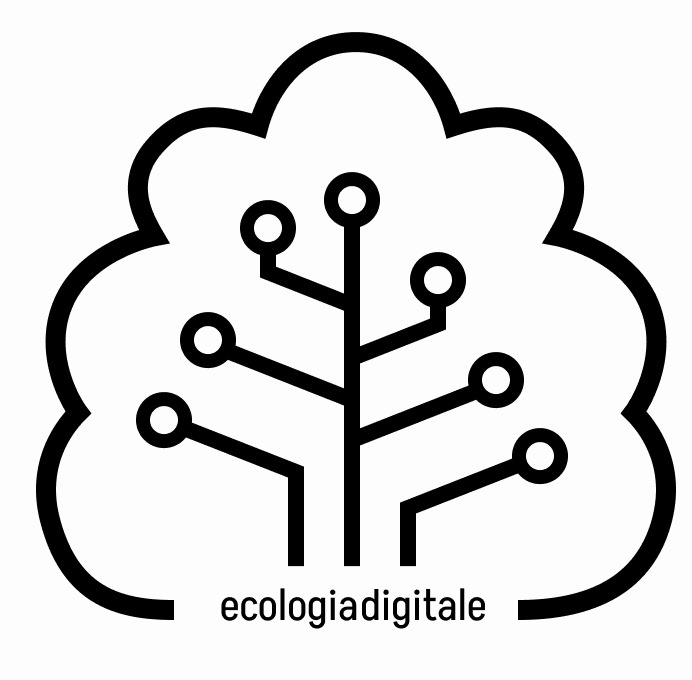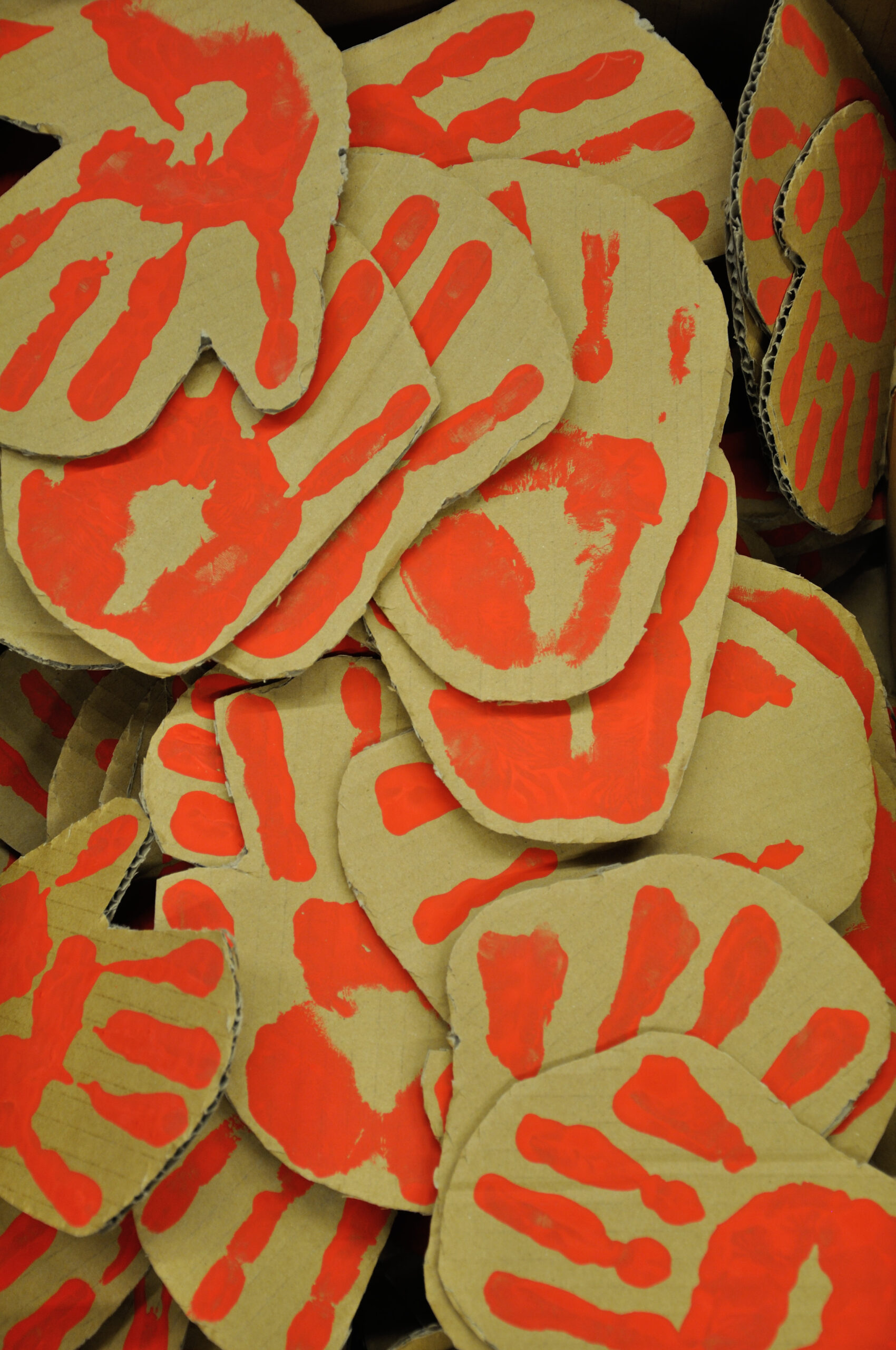Two days ago, the amendment proposed by Giorgia Meloni’s government was approved, allowing pro-life and anti-abortion associations to enter public family planning clinics. The law states that these clinics will host “third sector entities with qualified experience in supporting motherhood” (Ansa). But who are they referring to—the pro-life groups? The ones who play on women’s guilt over their choices?
For centuries we’ve been made to believe that becoming a mother is the highest aspiration a woman could ever have, but today we know that’s not true. Motherhood is an extremely delicate issue and deeply personal for every woman. That’s why we cannot allow the State to decide over our bodies and our subjectivity.
This is not only a blatant attack on women’s self-determination—the right and ability of a woman to make decisions about her own body—but, in my view, it is above all a form of violence. Violence that, through this law, now finds space in a place where women seek help, support, and protection. I believe that choosing to have an abortion is a decision no woman ever wants to face in her life: deciding whether or not to give life to her child. Women who decide to terminate a pregnancy are often accused of making a selfish choice. But behind this choice lies unimaginable physical and psychological pain, family and economic hardship, and very often, sexual violence by partners. Abortion is always like experiencing a bereavement—it completely changes a woman’s life. It leaves indelible marks, both physically and psychologically. Yet women’s voices and lived experiences are almost never taken into account.
Family planning clinics (consultori) were originally created as spaces where women cared for one another, even before they became state institutions. They have since become safe havens where women can access the physical and psychological support they need. For this reason (and also, I believe, for economic reasons), they are the primary place where most women go to obtain the certificate required to proceed with a voluntary termination of pregnancy. In fact, in 2021, 68.4% of clinics provided counseling and issued such certificates. Turning public clinics into branches of patriarchy is a defeat we cannot afford and one we must resist with strength.
And in a society where we often say, “yes, but everyone is free to do what they want,” the reality is that in many situations we are not truly free. In Italy, the right to abortion is already in crisis. According to the Ministry of Health’s 2021 report, conscientious objectors make up 63.4% of gynecologists, 40.5% of anesthesiologists, and 32.8% of non-medical staff, with rates exceeding 80% in the Province of Bolzano and in regions such as Abruzzo, Molise, Basilicata, and Sicily. According to the Luca Coscioni Association’s report, there are hospitals across Italy where the rate of objection is 100% or over 80% across all professional categories. Eleven Italian regions have at least one hospital with 100% objectors. As a result, women are often forced to travel outside their province or even outside their region to access abortion services.
One alarming statistic is the increase in abortions among girls under 20: from 1.9 per 1,000 women in 2019 to 2.1 in 2021. This should make us reflect on another equally urgent and important issue: the need to bring sex education into schools and families, with a new perspective on both male and female sexuality.
During the struggles for abortion rights in the 1970s (Law 194 was passed in 1978), many Italian feminists opposed the law—not because women’s self-determination wasn’t important, but because they feared the law would not change the way female sexuality was viewed. Female sexuality had always been seen in relation to procreation: women were expected to experience sexuality only and exclusively through the act of penetration, an act whose potential fulfillment was fertilization. According to some feminists, the abortion law would not erase the suffering and pain of women who chose abortion, nor would it lead to a rethinking of female sexuality. Women’s sexuality would remain tied to male dominance: women would continue to suffer violence and experience their sexuality as an act of oppression.
Today, even though female sexuality should be freer, we still live in a social context where women are seen as sexual objects for men, and where women’s sexuality exists in function of men’s, with little regard for women’s own pleasure. This gives men a kind of legitimacy to use even violence for their own gratification. Fighting the culture of violence and rape we live in begins here: with the awareness that every woman and every man must develop about their own sexuality and that of others.
Another fundamental issue is awareness and access to contraception. In Italy, modern contraceptive methods are still not widespread or commonly used, and traditional ones—such as the pill and condoms—have sharply declined (Istat, 2019): from 25.9% in 2013 to 21.1% for the pill, and from 39.1% to 35% for condoms. Hormonal contraceptives are also not always accessible: for example, the pill is free only for therapeutic reasons and, in some regions, in specific “fragile” situations, such as for adolescents or women who have had an abortion.
The right to abortion is an untouchable right—perhaps one that could be improved legislatively—but it must always ensure that women can freely decide over their own bodies. Protecting women’s self-determination is fundamental, as is keeping women’s healthcare spaces—clinics—free from patriarchal visions and practices.
But that alone is not enough. We must also demand greater sex education in schools and families, free from patriarchal patterns. We must demand greater access to contraception, so that we can live our sexuality in a freer and healthier way.
How? Not only by protesting, getting angry, and raising our voices, but also by demanding access to sex education. By demanding that clinics be present in schools and universities to support young people. By demanding that contraception be made free for everyone.
We have all the tools and knowledge needed to change things and reclaim what is ours. Because our grandmothers and great-grandmothers fought tooth and nail for women’s self-determination. Our body is OURS and belongs to no one else. We cannot allow others to decide for us.


Leave a Reply